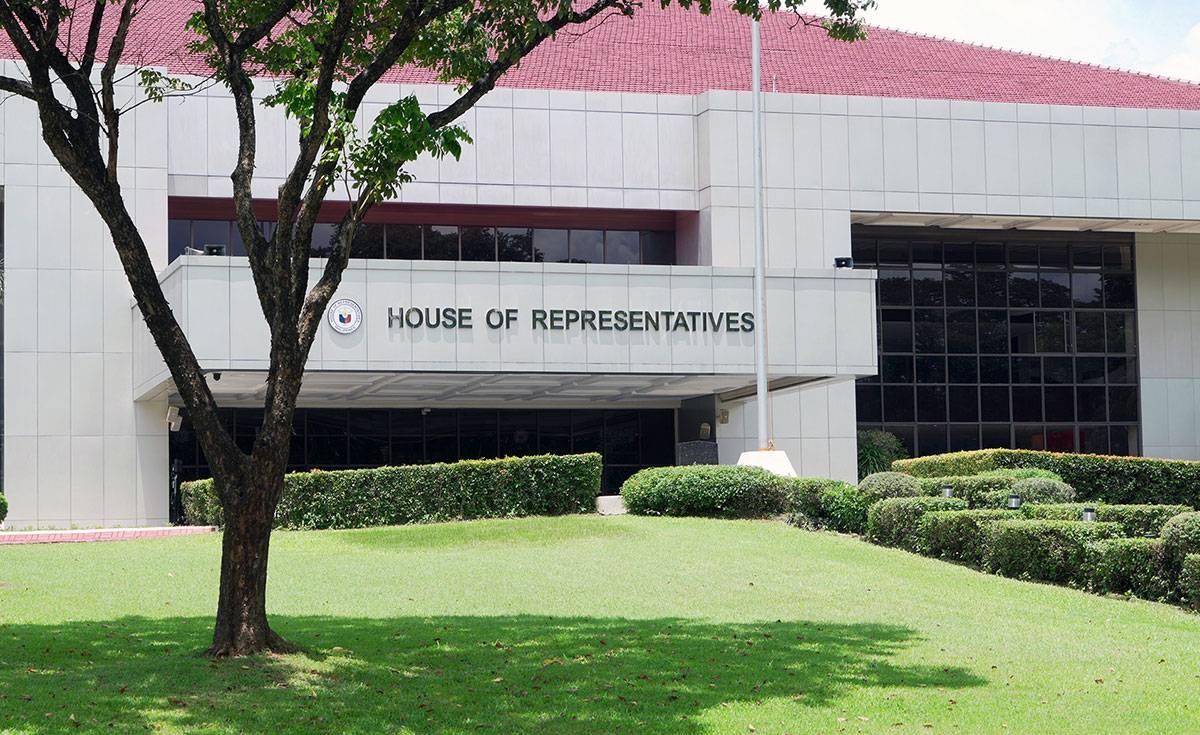The House of Representatives is set to commence plenary debates on Resolution of Both Houses 7 (RBH 7), which aims to amend the economic provisions of the Constitution. This resolution has garnered significant attention as it seeks to modify certain aspects of the Constitution that impact the country’s economic landscape.
House Senior Deputy Speaker and Pampanga 3rd District Rep. Aurelio “Dong” Gonzales Jr., one of the resolution’s principal authors, expressed his anticipation for the plenary deliberations. He mentioned that the proponents of the economic Charter changes will defend their proposals during the debates. The plan is to have three days of discussions, with the second-reading vote scheduled shortly after the termination of debates and the period for amendments on the third day.
Gonzales expects the plenary deliberations to be shorter compared to the proceedings of the Committee of the Whole House, which had endorsed the approval of the resolution without amendments. He further stated that the House aims to secure a vote on RBH 7 before Congress goes on a Holy Week break.
Surigao del Norte 2nd District Rep. Robert Ace Barbers expressed optimism that RBH 7 can be approved before the break, as long as interpellations are brief. Barbers highlighted that the discussions in the hearings of the Committee of the Whole House were comprehensive and clear, potentially eliminating the need for further clarifications from other lawmakers.
Deputy Majority Leader and Iloilo 1st District Rep. Janette Garin assured that there would be no political amendments when the House discusses RBH 7 at the plenary level. This commitment aims to maintain the focus on the economic provisions and avoid any deviation from the intended purpose of the resolution.
RBH 7, along with RBH 6 filed at the Senate, addresses specific sections of the Constitution, including Article XII (Section 11), Article XIV (paragraph 2 of Section 4), and Article XVI (paragraph 2 of Section 11). Both resolutions propose the addition of the words “unless otherwise provided by law” to these provisions. Additionally, they seek to include the word “basic” before the words “educational institutions” in the first sentence of paragraph 2, Section 4 of Article XIV.
The proponents of RBH 7 emphasize that political amendments are not feasible. Deputy Majority Leader Garin, who had served as a deputy majority leader of the Committee of the Whole House, stated in a press briefing that any attempt to insert a political agenda would be met with opposition. Other lawmakers, such as Quezon City 4th District Rep. Marvin Rillo and Bataan 1st District Rep. Geraldine Roman, echoed this sentiment, emphasizing that political amendments would be detrimental.
The House aims to ratify the proposed amendments before the Holy Week break, signaling to investors that the country is actively seeking to attract more foreign investments. Gonzales emphasized that this move would send a powerful signal to both local and international investors, showcasing the government’s commitment to creating an environment conducive to foreign investments. Furthermore, the ratification of these amendments would support President Ferdinand Marcos Jr.’s efforts to encourage foreign companies to invest in the Philippines.
The upcoming plenary debates on RBH 7 hold significant implications for the country’s economic future. As lawmakers engage in discussions and defend their proposals, the nation awaits the outcome that will shape the economic landscape and potentially attract more foreign investments.







